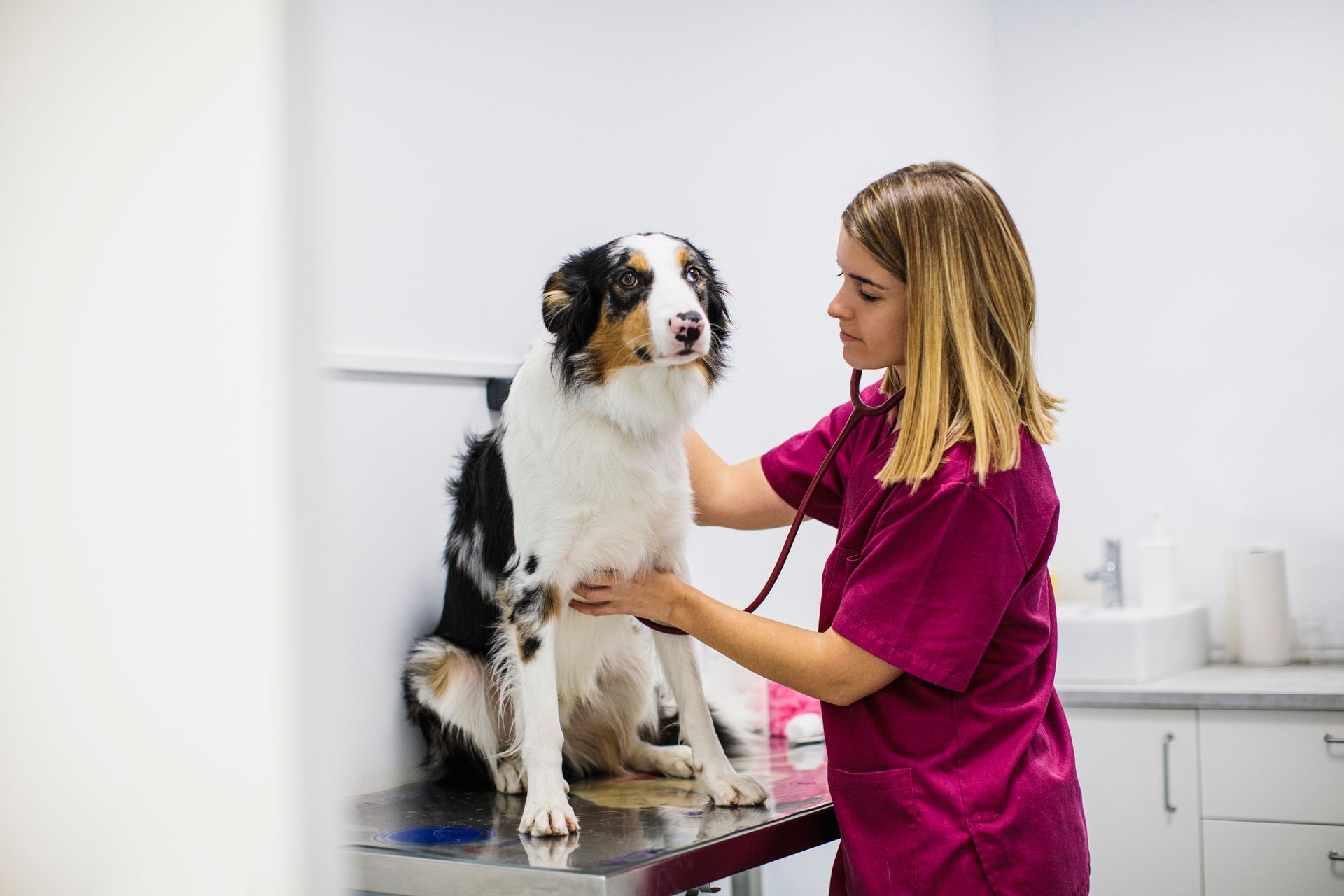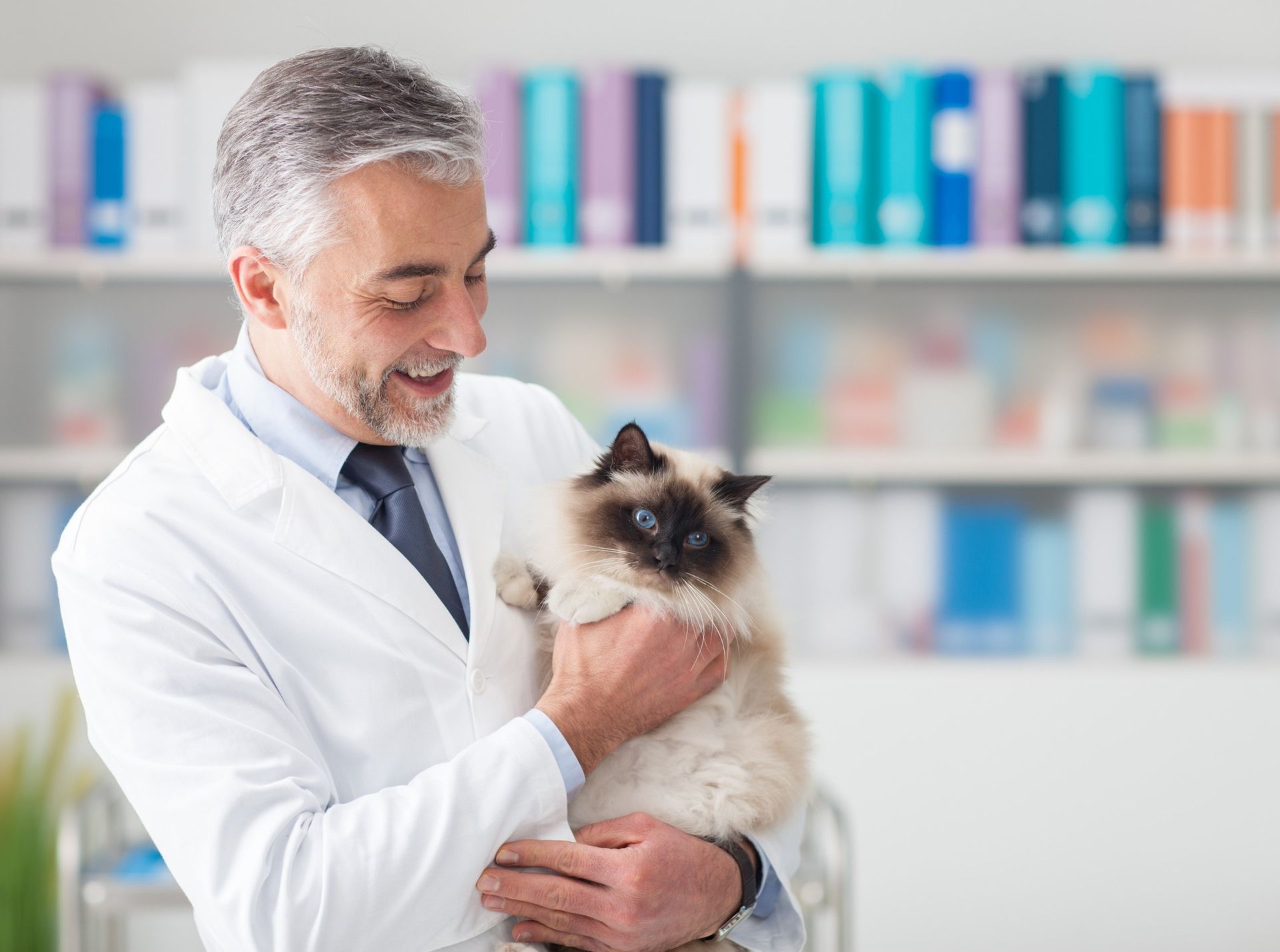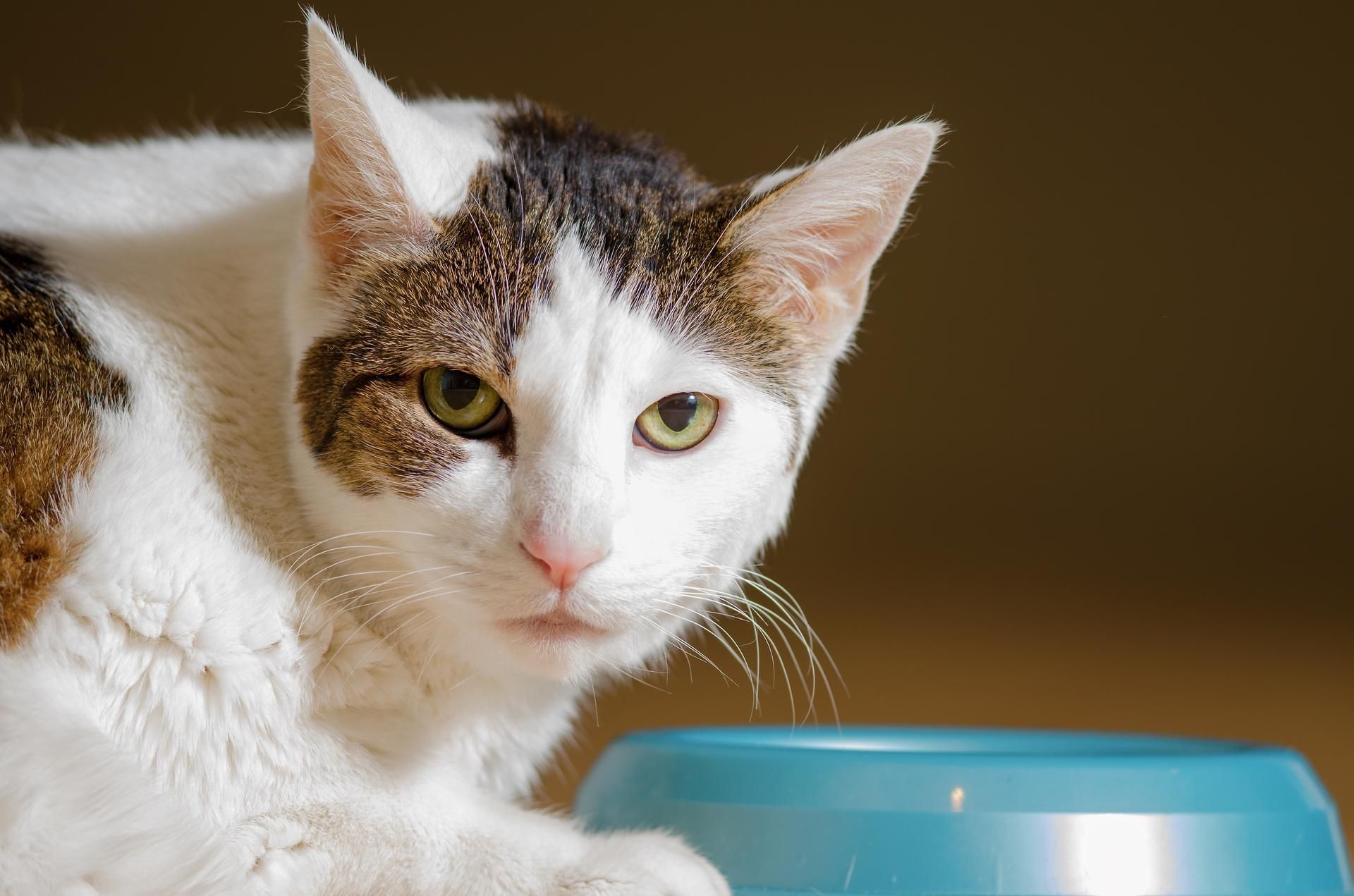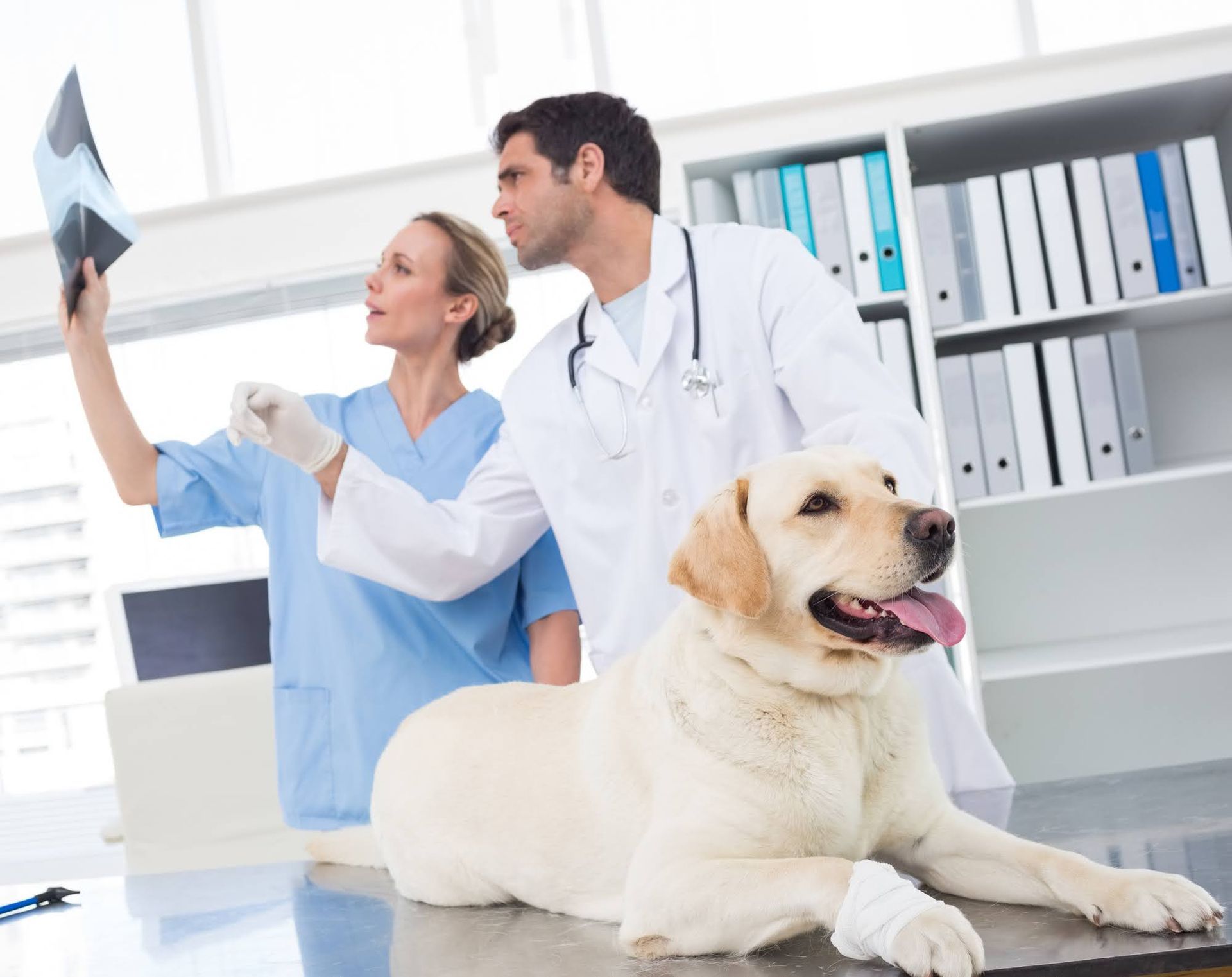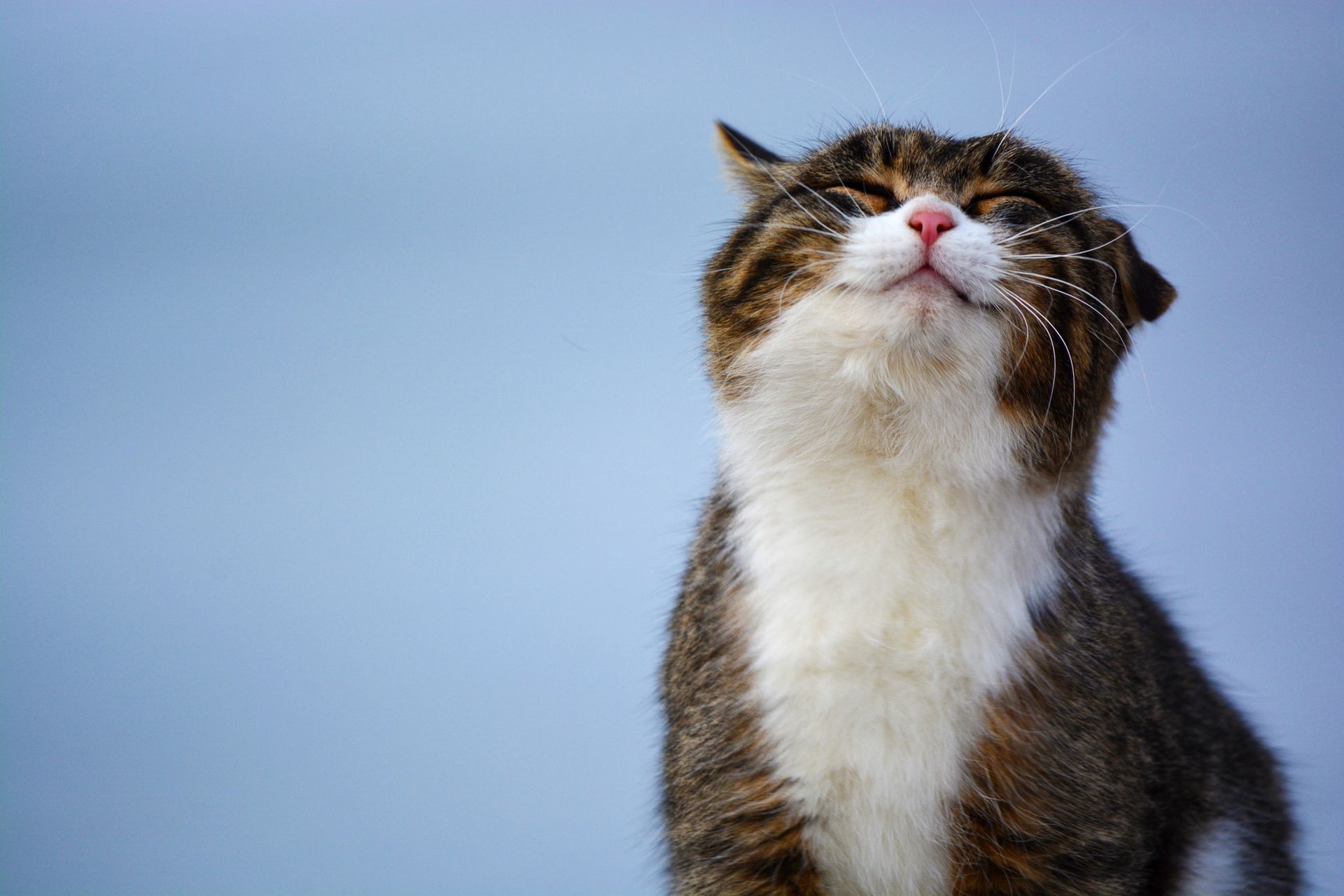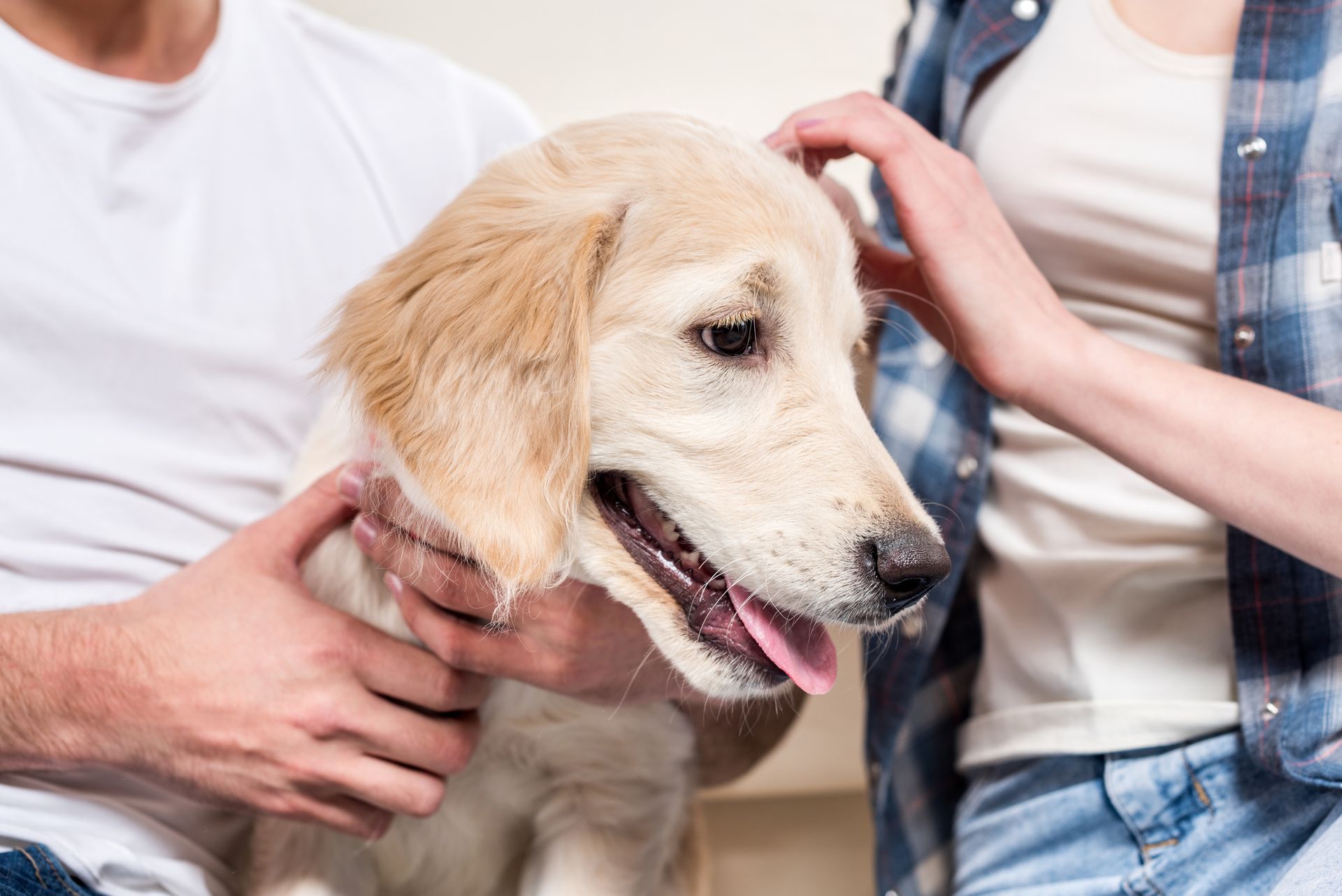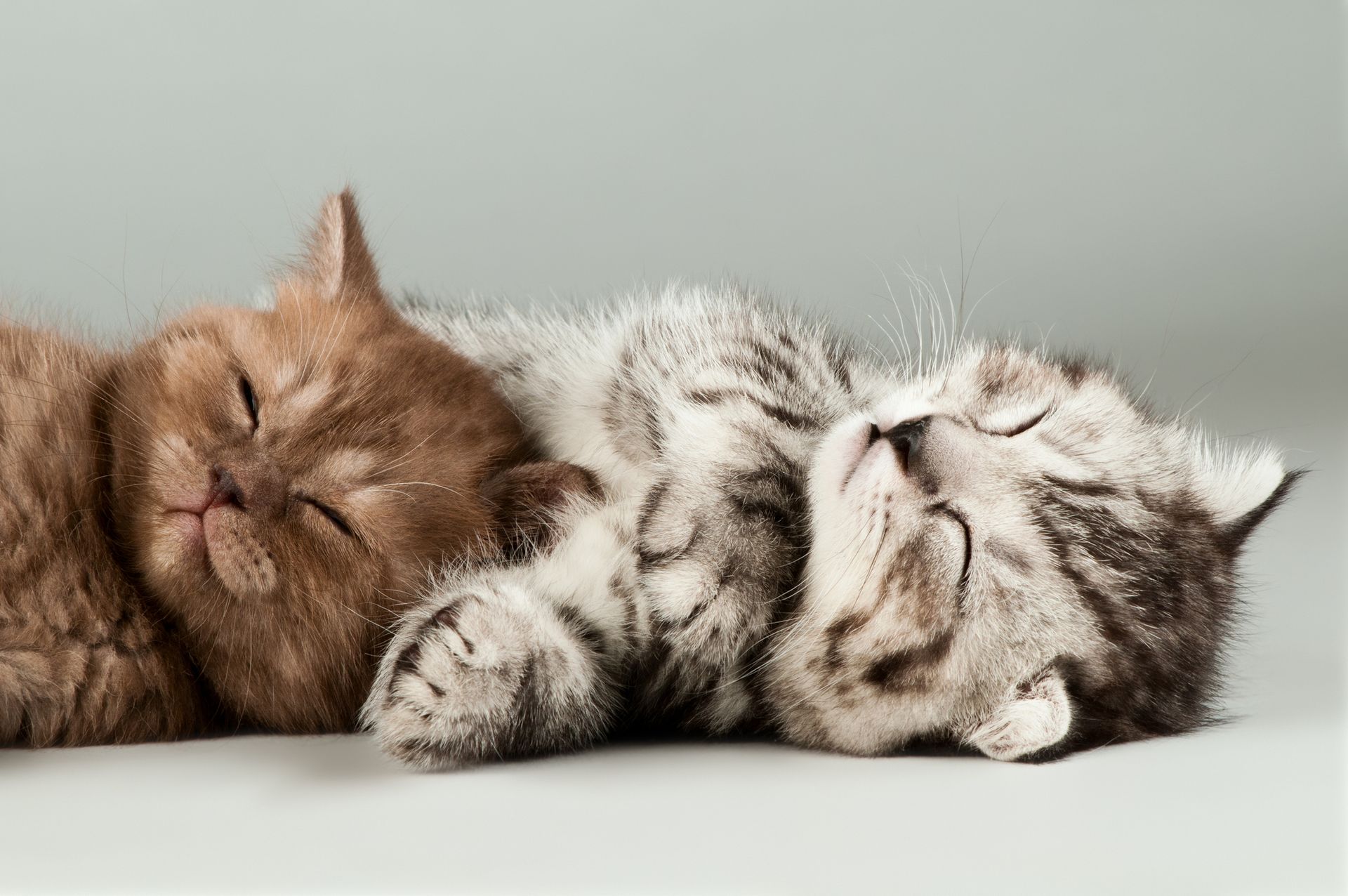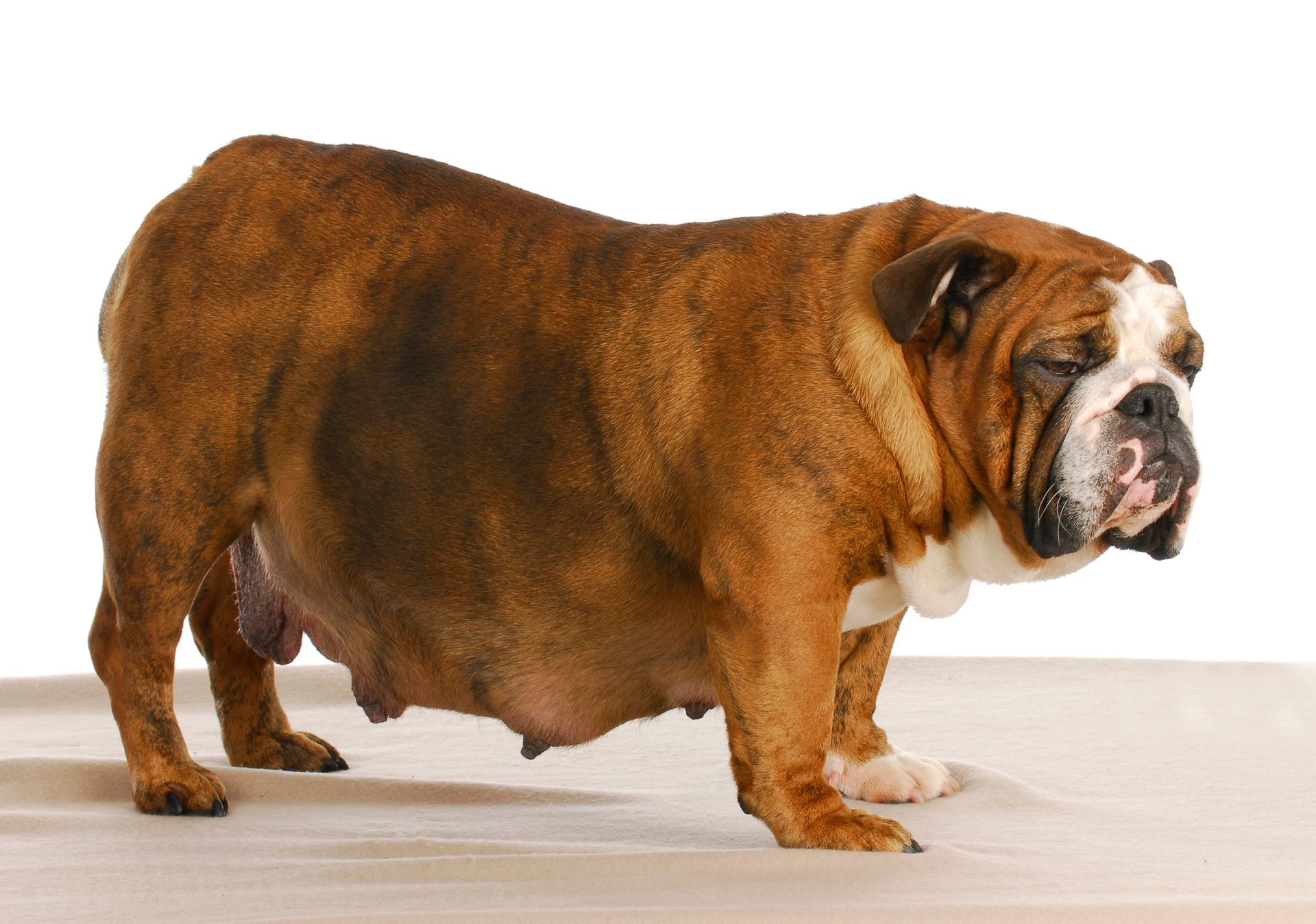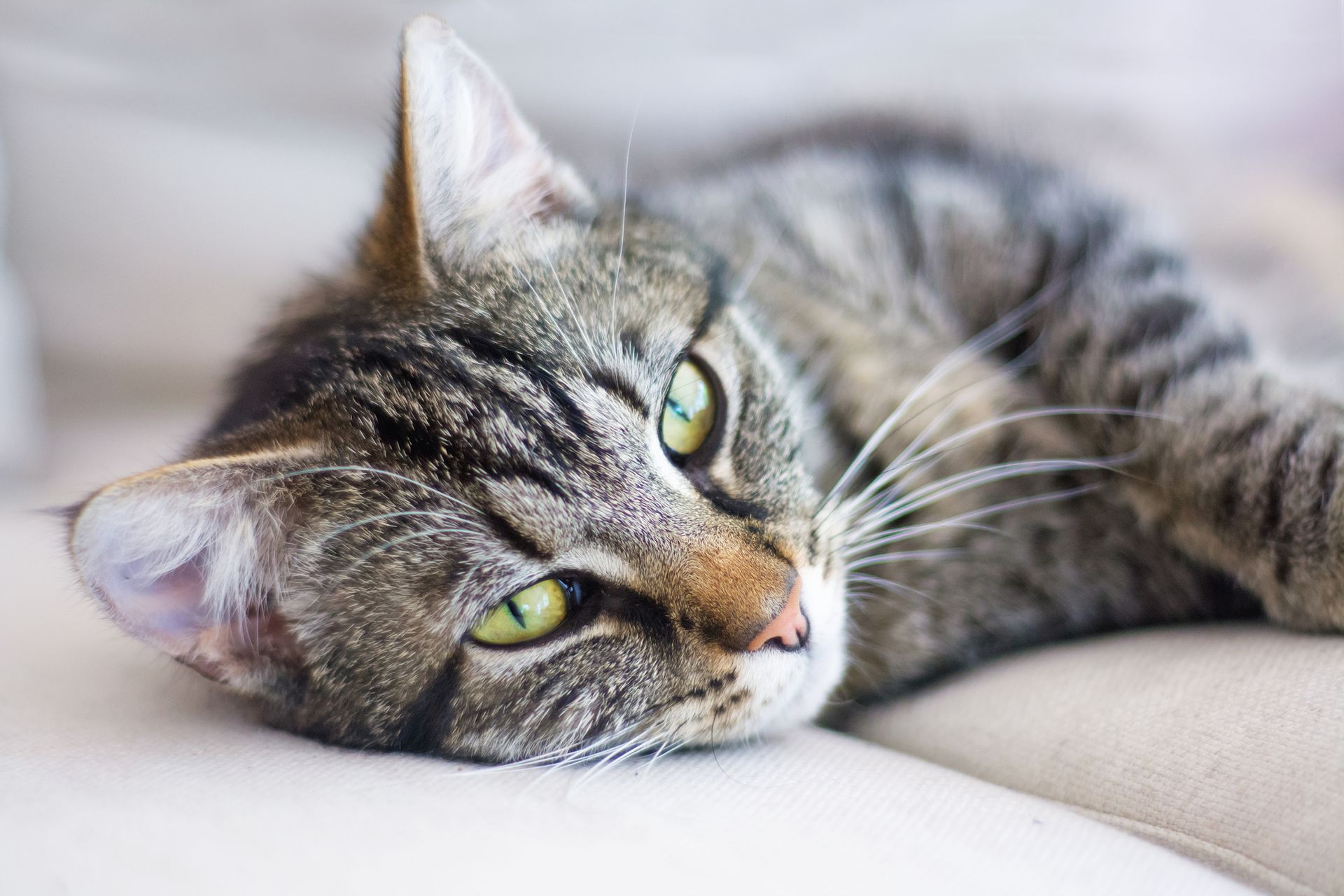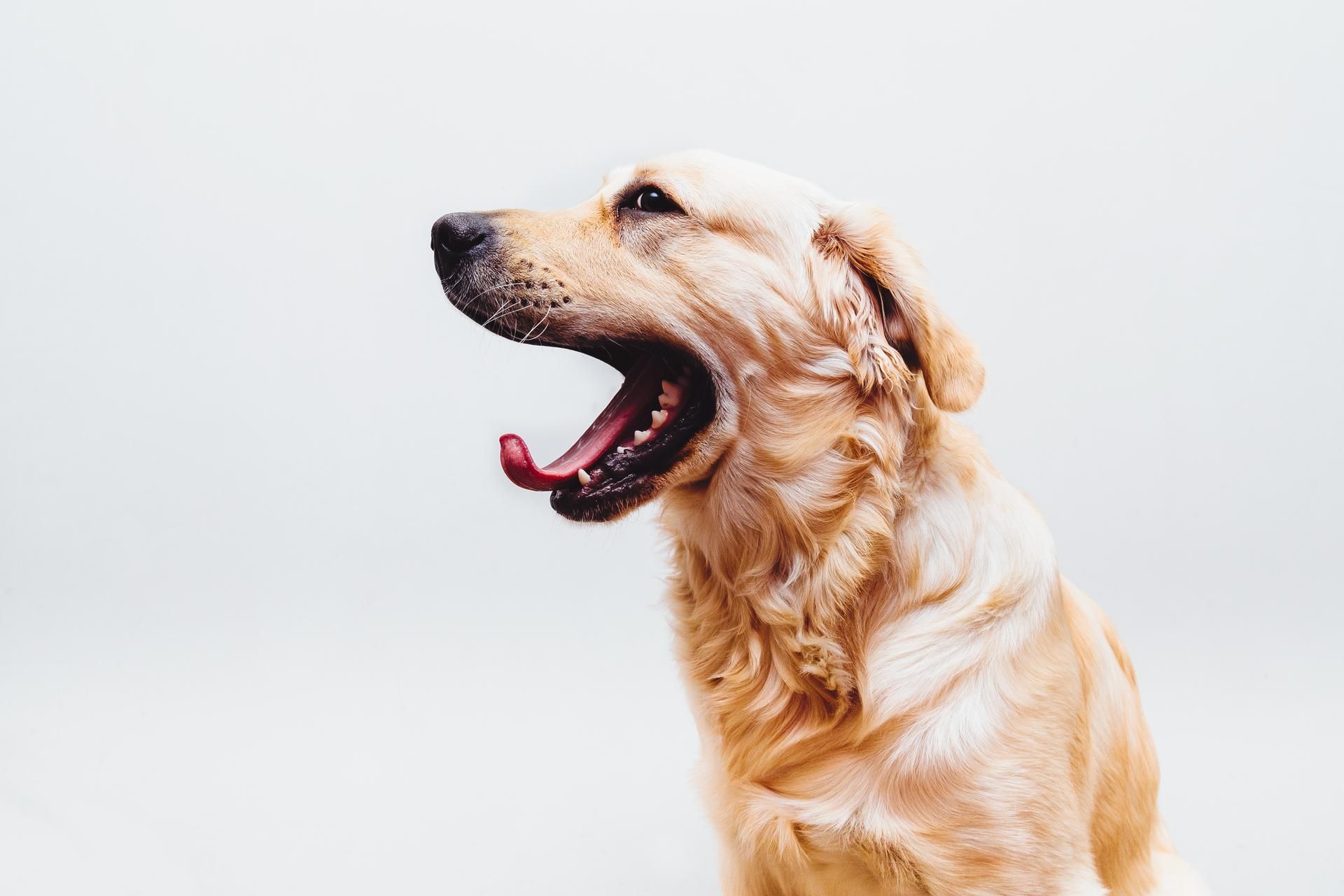5 Foods That Pose A Risk To Your Cat
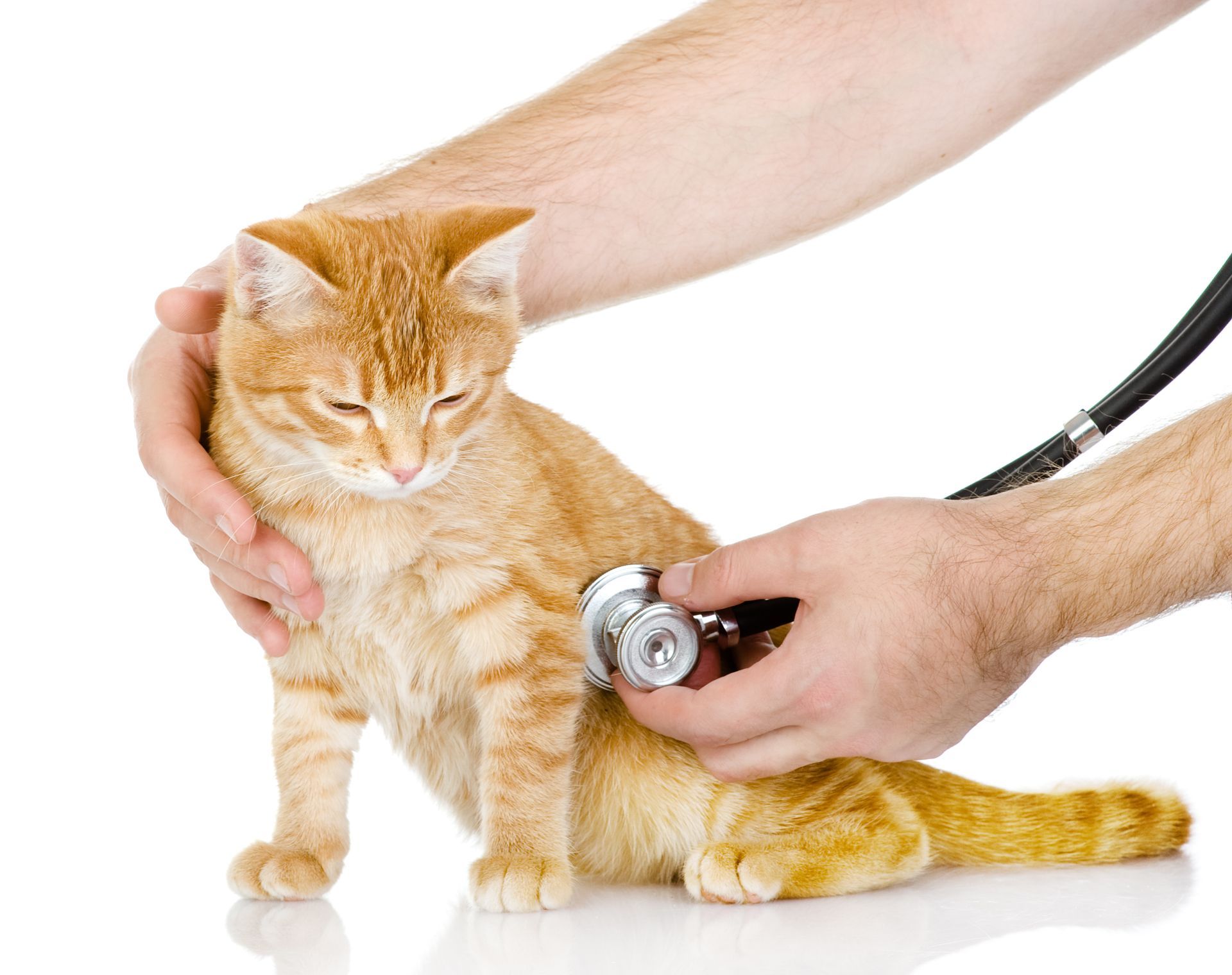
As a loving pet owner, you want to ensure that your whiskered companions lead healthy, happy lives, which includes providing them with a nutritious and well-balanced diet. While it may be tempting to indulge your feline companion with scraps from your plate or a special treat, it's crucial to remember that not all foods are safe for our feline friends. Let's uncover five foods you should keep away from your cat to protect their health and well-being.
1. Chocolate, Coffee, and Caffeine Products
Cats can not handle the methylxanthines found in coffee and chocolate, especially theobromine and caffeine. Seizures, high body temperature, fragility, fast breathing, throwing up, and diarrhea are all possible side effects of these chemicals.
Cocoa powder has the highest level of methylxanthines, while white chocolate has the lowest. The levels of these compounds vary throughout chocolate varieties. Ingesting excessive amounts of caffeine, which is also present in energy drinks, can be harmful to cats and elicit similar symptoms.
2. Milk and Dairy Products
Cats should not consume milk or dairy products since it can upset their stomachs. Because of digestive issues, most cats cannot digest dairy products.
Cats may experience bloating and gas if they eat dairy products like milk, cheese, and yogurt. If you want to treat your cat, do not give it dairy, no matter how much they seem to like it. Cats lose their lactose digestion abilities after weaning from their mothers.
Also, avoid cat milk goodies that say they have less lactose. Even those can make your cat sick to their stomach.
3. Raw Meat, Eggs, and Fish
Contaminated raw meat, eggs, and seafood can infect cats and humans with diseases including Salmonella and E. coli. Raw eggs also contain the enzyme avidin, which can prevent cats from getting the vitamin biotin they need for healthy skin and coat.
Raw meat and fish are potential sources of bacteria that cause food poisoning, which can manifest as a variety of symptoms like nausea, vomiting, diarrhea, and fatigue. Thiamine is an essential B vitamin for cats, but eating raw fish can be dangerous since it includes an enzyme that breaks it down. Convulsions and coma are among the severe neurological issues that can arise from thiamine deficiency.
Proper preparation is essential for the safety of all animals, including obligate carnivores like cats. There are regulations to ensure that prepared, uncooked cat food does not contain any hazardous bacteria. When cats consume uncooked meat, eggs, or fish, it can make them sick and even make their owners sick from food poisoning.
4. Select Vegetables and Spices
Some herbs and vegetables are safe for cats to consume, but you should keep them away from others because of their potential toxicity. Garlic, onions, leeks, chives, scallions, and shallots can harm their red blood cells and induce gastrointestinal issues. Cats should not eat these veggies because they contain chemicals that might cause anemia and other health problems by breaking down their red blood cells.
The dangers of these components persist even after cooking, so keep this in mind when you eat cooked meals like garlic bread. Cooked potatoes and tomatoes are perfectly fine for cats to consume, but uncooked ones can make them sick. Cats should not eat green potatoes since they can induce paralysis, hallucinations, and cardiac problems.
5. Dog Food
Cats should not eat dog food. A bite here and there probably will not hurt them, but it should not serve as their main source of nutrition. Increased protein, vitamin, and fatty acid content are some of the key nutritional components of cat food.
Regular dog food use by cats can lead to malnutrition due to the absence of certain vital nutrients. Specifically, taurine is present in cat meals but absent in dog food, and is essential for cats' proper nutrition. Heart disease, visual problems, and tooth problems are just some of the major health complications that can result from a taurine shortage.
If your cat consumes any of these foods or exhibits symptoms from food poisoning, contact us at Angel Pet Hospital for emergency treatment.


